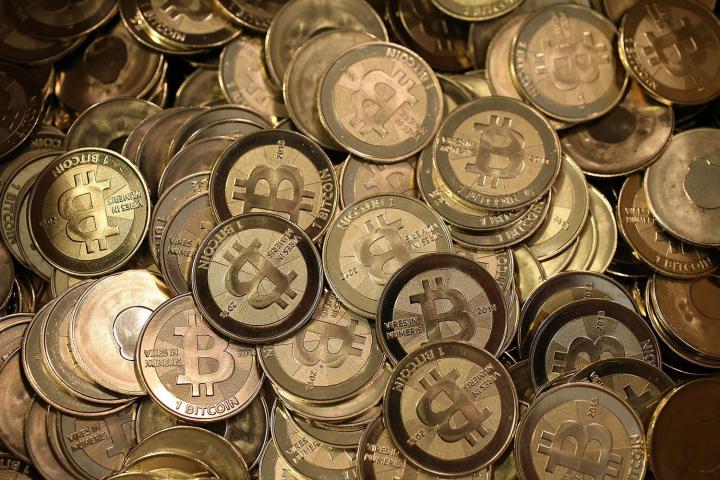
Bitcoin, once seen as a novelty, is increasingly garnering mainstream attention, and even acclaim. A recent The Economist cover story said that blockchains, the technology that makes Bitcoin possible, could change the world. And now Bhagwan Chowdhry, Professor of Finance at UCLA Anderson School, is nominating Nakamoto for the Nobel Memorial Prize in Economic Sciences – whoever Nakamoto may be.
“I am completely serious in suggesting Satoshi Nakamoto for the Prize,” Chowdhry wrote in a blog post for the Huffington Post. “The invention of bitcoin – a digital currency – is nothing short of revolutionary.”
Chowdhry went on to explain how the currency is “secure, relying on almost unbreakable cryptographic code” while also “bypassing governments, central banks and financial intermediaries such as Visa, Mastercard, Paypal, or commercial banks, eliminating time delays and transactions costs.”
There are all sorts of implications here, of course, and world governments are starting to take notice in a big way. But as impressive as Bitcoin itself is, blockchains — the peer-to-peer technology used by Bitcoin to confirm transactions without need for a central server — might be the most revolutionary part of Nakamoto’s work.
“Satoshi Nakamoto’s Bitcoin Protocol has spawned exciting innovations in the FinTech space by showing how many financial contracts – not just currencies – can be digitized, securely verified and stored, and transferred instantaneously from one party to another,” wrote Chowdhry.
It’s not a terrible argument, though it’s hard to say if mainstream economists will agree. But there’s possibly an even more interesting is the question of whether Nakamoto might reveal him, her, or themselves to accept the prize.
Little is known about Nakamoto. No records of any entity of that name exist before 2009, when a paper explaining how Bitcoin could work, and the code for BitCoin itself, was published by someone using the name. To this day it’s not clear if Nakamoto is an individual or a collaboration – some theorize it’s an anonymous individual, others think it could be a network of people, or even financial institutions. Various news organizations have tried to find Nakamoto over the years, but none have succeeded.
Whoever Nakamoto is, the $1 million cash prize Nobel winners receive might not be enough to lure him/her/them out from hiding. The public Bitcoin transaction logs show his/her/their Bitcoin wallet contains around US$250 million worth of the currency. More than enough money to live in comfort anonymously, we think, with or without the Nobel prize money.


